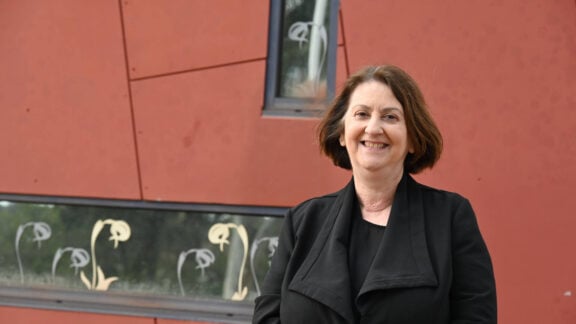The Greek Ministry of Foreign Affairs has welcomed the fall of Bashar al-Assad’s authoritarian regime in Syria. In a statement, the ministry emphasised the urgent need for peace and a smooth transition to a democratically legitimised government, in line with United Nations Security Council Resolution 2254.
“Greece supports the unity, territorial integrity, and sovereignty of Syria,” the statement read, urging measures to protect civilians, religious minorities, cultural monuments, and Syria’s rich heritage.
The ministry expressed hope that the restoration of democratic order would end the refugee crisis and pave the way for the safe return of Syrians to their homes. Greece, as a member of the UN Security Council and with strong ties to the Arab world, pledged to assist in restoring peace and prosperity in Syria.
Syrians celebrate globally
The regime’s collapse sparked celebrations among Syrians worldwide. In Sydney, large crowds took to the streets, while in Istanbul, protesters entered the Syrian consulate, replacing the national flag with that of the opposition.
In Berlin, hundreds gathered in an Arab cultural district, and in London’s Trafalgar Square, Syrians wrapped in opposition flags chanted “Freedom” and embraced, shouting “Mabrouk!”—Arabic for “Congratulations.”
For many, this moment marked a dream come true.
“This is something I never thought I would witness,” said Tarek Aljneidi, 35, who left Syria in 2012. Others, like Diala, 34, expressed hope for the future, vowing to prevent extremist groups from taking control.
International reactions
World leaders reacted with mixed sentiments, emphasising the need for stability. European Commission President Ursula von der Leyen described the fall of Assad as a “positive and long-awaited development,” pledging support for rebuilding a unified Syria that protects its minorities.
French President Emmanuel Macron, in a statement on social media, called Assad’s regime a “barbaric state” and expressed solidarity with the Syrian people. However, far-right leaders in Europe voiced concerns over potential migration waves, warning of Islamist militants infiltrating refugee flows.
German Chancellor Olaf Scholz highlighted the importance of restoring law and order, ensuring protection for all religious groups and minorities. Turkish Foreign Minister Hakan Fidan urged the international community to safeguard Syria’s territorial integrity.
U.S. and Israeli perspectives
U.S. President-elect Donald Trump criticised both Russia and the Obama administration for their roles in Syria. He accused Moscow of overextending itself in Ukraine and failing to prevent the Syrian opposition’s advance.
Israeli Prime Minister Benjamin Netanyahu described the regime’s fall as a historic moment, balancing hope with caution. Meanwhile, Israeli forces reportedly targeted facilities linked to military intelligence and suspected missile development near Damascus, according to sources cited by Reuters.
Ukraine and beyond
Ukraine’s Foreign Ministry welcomed Assad’s fall, suggesting it foreshadows a similar fate for dictators relying on Russian President Vladimir Putin.
As Syria enters a new chapter, global leaders have called for inclusive governance to prevent further instability.
For many Syrians, the collapse of Assad’s regime symbolizes hope for a brighter future after years of turmoil.








